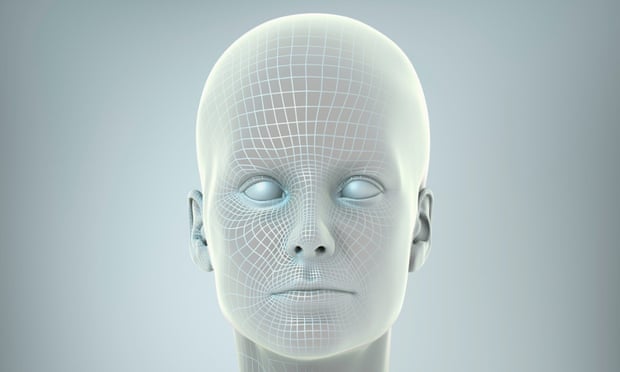All three have warned of the potential dangers that artificial intelligence or AI can bring. The world’s foremost physicist, Hawking said that the full development of artificial intelligence (AI) could “spell the end of the human race”. Musk, the tech entrepreneur who brought us PayPal, Tesla and SpaceX described artificial intelligence as our “biggest existential threat” and said that playing around with AI was like “summoning the demon”. Gates, who knows a thing or two about tech, puts himself in the “concerned” camp when it comes to machines becoming too intelligent for us humans to control.
What are these wise souls afraid of? AI is broadly described as the ability of computer systems to ape or mimic human intelligent behavior. This could be anything from recognizing speech, to visual perception, making decisions and translating languages. Examples run from Deep Blue who beat chess champion Garry Kasparov to supercomputer Watson who outguessed the world’s best Jeopardy player. Fictionally, we have Her, Spike Jonze’s movie that depicts the protagonist, played by Joaquin Phoenix, falling in love with his operating system, seductively voiced by Scarlet Johansson. And coming soon, Chappie stars a stolen police robot who is reprogrammed to make conscious choices and to feel emotions.
An important component of AI, and a key element in the fears it engenders, is the ability of machines to take action on their own without human intervention. This could take the form of a computer reprogramming itself in the face of an obstacle or restriction. In other words, to think for itself and to take action accordingly.
Needless to say, there are those in the tech world who have a more sanguine view of AI and what it could bring. Kevin Kelly, the founding editor of Wired magazine, does not see the future inhabited by HAL’s – the homicidal computer on board the spaceship in 2001: A Space Odyssey. Kelly sees a more prosaic world that looks more like Amazon Web Services: a cheap, smart, utility which is also exceedingly boring simply because it will run in the background of our lives. He says AI will enliven inert objects in the way that electricity did over 100 years ago. “Everything that we formerly electrified, we will now cognitize.” And he sees the business plans of the next 10,000 startups as easy to predict: “Take X and add AI.”





